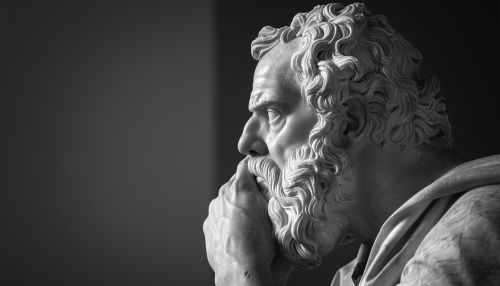Tyler Burge
Early Life and Education
Tyler Burge was born on March 10, 1946, in Grand Forks, North Dakota. He completed his undergraduate studies at the Swarthmore College, where he majored in Philosophy. He then pursued his doctoral studies at Princeton University, under the supervision of Saul Kripke, a renowned philosopher and logician. His doctoral thesis was titled "Reference and Proper Names", which laid the foundation for his future work in philosophy of mind and language.

Career and Contributions
Burge started his academic career as a professor at the University of California, Los Angeles (UCLA) in 1971. He has made significant contributions to the fields of philosophy of mind, philosophy of language, and epistemology.
One of his most notable contributions is the concept of "anti-individualism" or "externalism", which argues that the contents of a person's thoughts and their linguistic meanings are not solely determined by their internal states, but also by their environment. This theory has had profound implications for the cognitive sciences, particularly in the study of artificial intelligence and neuroscience.
In the field of epistemology, Burge is known for his theory of "entitlement", which posits that individuals have a right to their beliefs, even in the absence of evidence or understanding, as long as these beliefs are formed through reliable processes. This theory has sparked debates on the nature of knowledge and justification.
Philosophical Approach
Burge's philosophical approach is characterized by a deep commitment to empirical science. He believes that philosophy should not be isolated from the sciences, but should work in tandem with them. This approach is evident in his work on the philosophy of mind, where he uses findings from psychology and neuroscience to inform his theories.
Burge is also known for his rigorous and detailed argumentation. His writings often involve complex thought experiments, which are used to test and refine his theories. These thought experiments have become a hallmark of his philosophical style.


Legacy and Influence
Burge's work has had a significant impact on contemporary philosophy. His theories of anti-individualism and entitlement have been widely debated and have influenced a range of fields, from cognitive science to legal theory.
Despite his influence, Burge's work is also known for its complexity and difficulty. His writings are often seen as challenging, but also rewarding for those who engage with them deeply.
